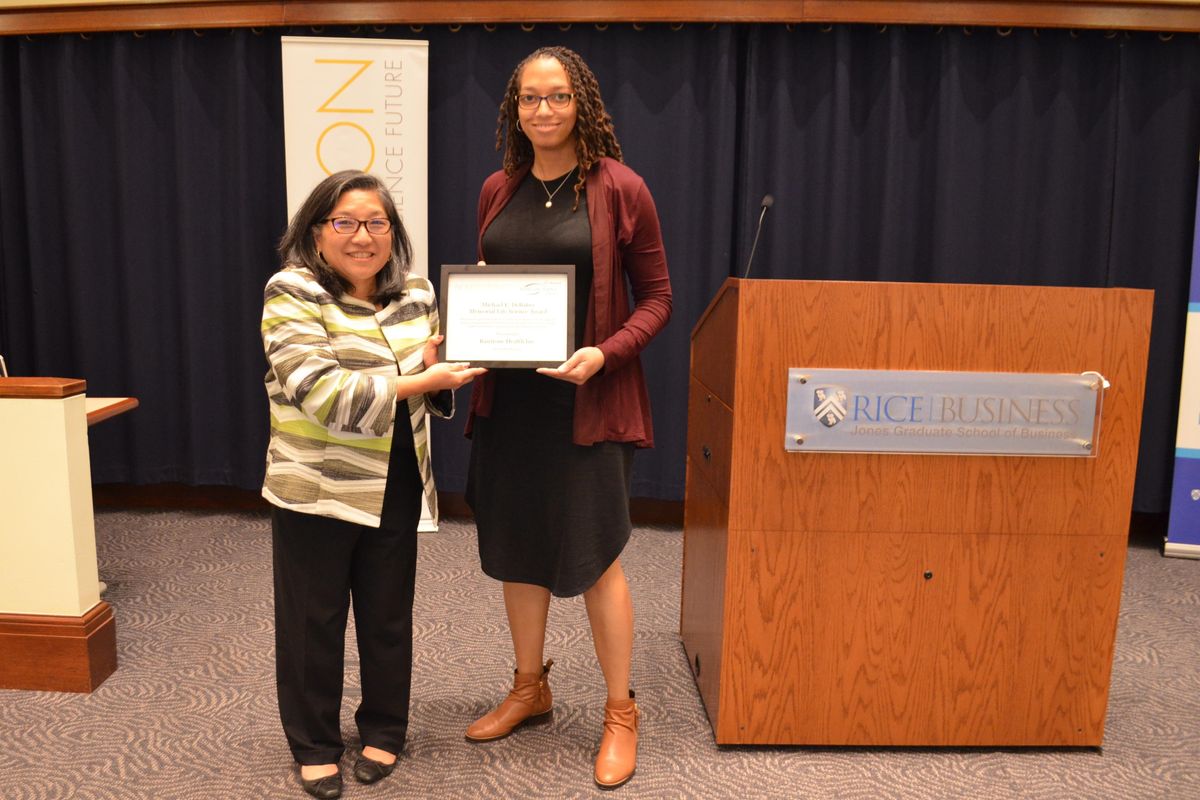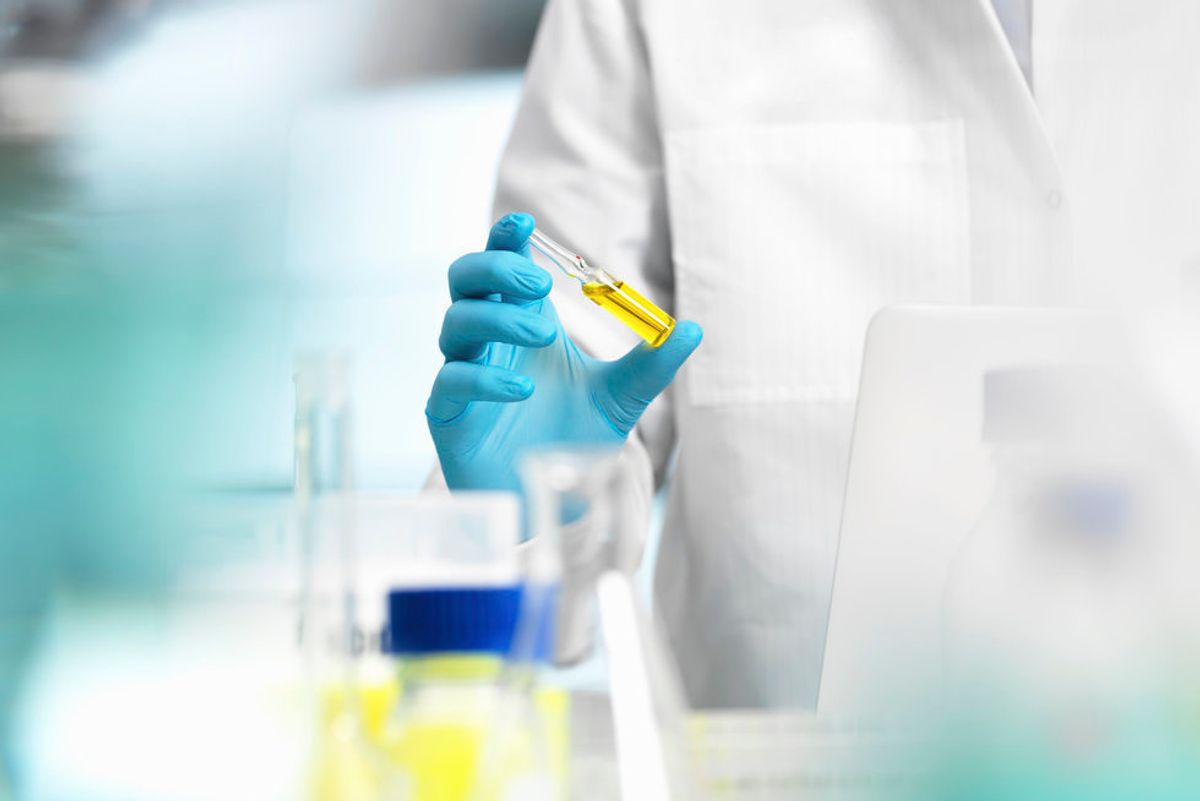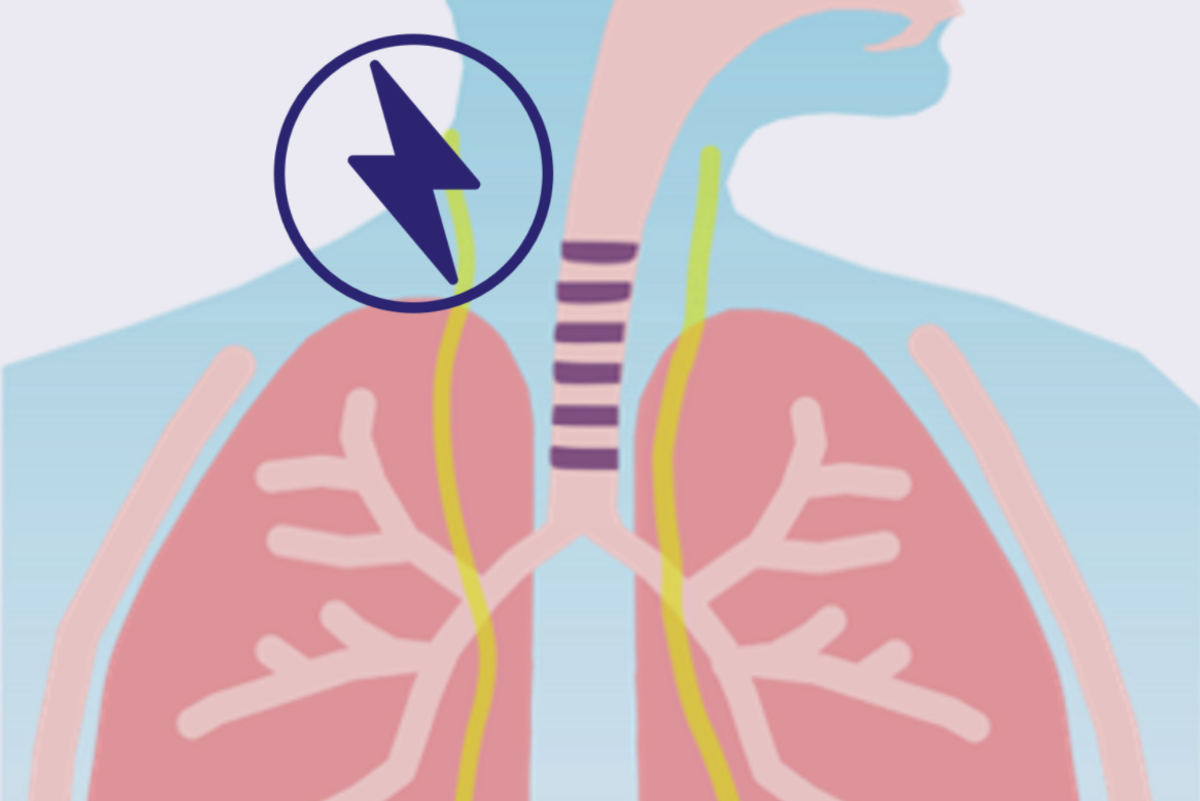Houston organizations identify promising life science cos. at annual event
startups to watch
For the 13th year, the Texas Life Science Forum hosted by BioHouston and the Rice Alliance for Technology and Entrepreneurship celebrated innovative companies from around the world that are creating new treatments and solutions to today's biggest health care challenges.
This week, over 40 companies presenting their innovations across cancer, cardiovascular disease, biotechnology, and more. Nearly 700 venture capitalists, corporate innovation groups, angel networks, industry leaders, academics, service providers, and others attended the event on November 7 at Rice's BioScience Research Collaborative in the Texas Medical Center.
Just like in previous years, the event ended with the announcement of the 10 companies that were deemed "most promising" based on their pitches and technologies. Of the 10 companies named, six are headquartered in Houston and an additional two startups on the list have a presence here.
The 2024 most-promising life science companies are:
Houston-based clinical-stage cell therapy company March Biosciences is developing a pipeline of innovative therapies, beginning with targeting relapsed an refractory T cell lymphoma.
ImmunoGenesis, headquartered in Houston, is a clinical-stage biotechnology company developing a potent PD-1 pathway targeting agent specifically engineered for immuneexcluded tumors, which account for over 50 percent of all cancers
Taurus Vascular, based in Houston, is revolutionizing endovascular aneurysm repair by addressing the critical issues of residual aneurysm pressurization and endoleaks with its catheter-deployable aortocaval shunt.
Headquartered in Australia with a Houston presence, Foxo Technology offers HIPAA-compliant, communication software for anyone in health care.
Another Houston company, Voythos has built an AI platform to better predict and diagnose cardiovascular disease earlier to enhance quality and cost of care.
Dutch company Loop Robot, which has a presence in Houston, automates disinfection with its intelligent robot to make medical-grade disinfection faster, safer, and digitally auditable.
London-based Case45 develops and commercializes pan-cancer prognostic tests using unique integration of tumor evolution and AI and is beginning with breast and lung cancers.
OmniNano Pharmaceuticals, headquartered in Houston, has developed a nano-drug delivery platform technology enables simultaneous co-delivery of multiple therapeutic agents designed specifically to treat solid tumors.
Houston-based clinical-stage biopharmaceutical company Mongoose Bio is pioneering first-in-class T cell receptor T cell (TCR-T) therapies for cancer treatment.
Rua Diagnostics from New York is redefining point-of-care diagnostics with advanced micro gas chromatography technology for breath analysis that's capable of detecting a wide range of prevalent and deadly diseases.
In addition to this list, the event named two additional awards. United Kingdom's Cytecom, which provides quick and accurate diagnosis and treatment of blood infections stems, was selected by the crowd as the People's Choice award winner.
Last, but not least, BioHouston's Ann Tanabe awarded this year's Michael E. Debakey Award to Houston-based Autoimmunity BioSolutions, seed-stage biotech developing a next-generation, immuno-corrective therapy for treatment of autoimmune diseases to restore normal immune function.
- Expert: Houston has potential to be a major hub for life sciences — if it addresses these concerns ›
- Houston organizations announce 10 most promising life science startups ›
- Houston organization names 10 most promising life sciences startups ›
- Houston startups named most promising in the life science space at annual event ›
- Rice Alliance names most promising life science companies at annual forum ›
- Houston startups dominate ‘most-promising’ companies announcement at annual event ›

 Ann Tanabe, CEO of BioHouston, presented the DeBakey Award to Houston-based Bairitone Health. Photo courtesy of Rice Alliance
Ann Tanabe, CEO of BioHouston, presented the DeBakey Award to Houston-based Bairitone Health. Photo courtesy of Rice Alliance





















